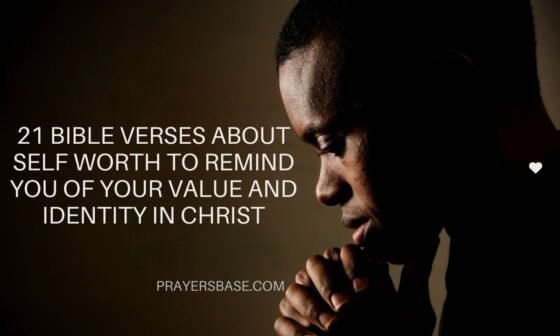We use the word love often, but it doesn’t always mean the same thing. One person may mean friendship, another romance, another family loyalty, and another the kind of self‑giving care that refuses to keep score. The Bible speaks to all these kinds of love, and learning the differences helps us love more clearly and wisely.
In this article, we’ll explore the 4 types of love in the Bible—agape, philia, storge, and eros. You’ll see their meanings, where they appear in Scripture, how they shape relationships today, and practical steps to live them out. This isn’t about Greek trivia. It’s about living love well, so your words and actions match what you truly mean.
Quick Answer: What Are the 4 Types of Love in the Bible?
- Agape — sacrificial, unconditional love; God’s love and the model for Christian living.
- Philia / Phileo — friendship love; warm loyalty and shared life.
- Storge — family love; natural affection and long‑standing bonds.
- Eros — romantic love and desire; the passion and intimacy of marriage and courtship.
Agape and phileo appear directly in the New Testament. Storge shows up in compound forms (Romans 12:10, philostorgos) and warnings about its absence (astorgos, 2 Timothy 3:3). Eros as a word does not appear in the New Testament, but Scripture clearly teaches about romantic and marital love (Song of Solomon, Ephesians 5).
Before We Go Deeper: What the Bible Means by Love
Biblical love is rarely only a feeling. It shows up as action, loyalty, patience, and sacrifice. Love can be warm and messy, brave and costly. It can be sincere and still need correction. God reshapes our loves—softening selfishness, strengthening commitment, and teaching us how to love others well.






